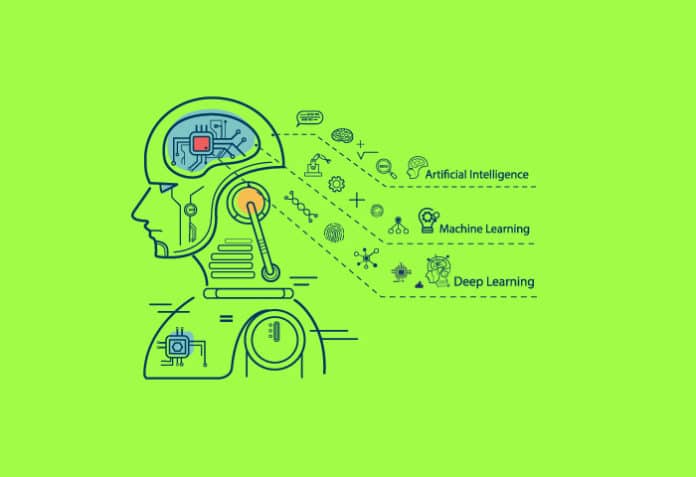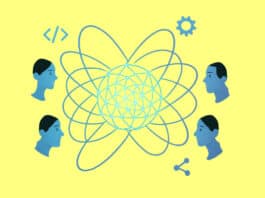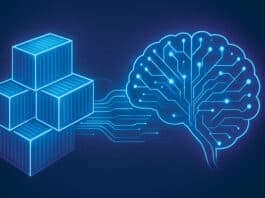We often use the terms artificial intelligence, machine learning and deep learning interchangeably, even though we read or hear about them almost each day. This article explains how these technologies evolved and in what ways they differ.
Artificial intelligence (AI), machine learning (ML), and deep learning (DL) are often used interchangeably; however, they are not quite the same things. AI is the broadest concept of all, and gives a machine the ability to imitate human behaviour. ML is the application of AI into a system or machine, which helps it to self-learn and improve continually. Lastly, DL uses complex algorithms and deep neural networks to repetitively train a specific model or pattern.
Let’s look at the evolution and journey of each term to get a better understanding of what AI, ML and DL actually refer to.
Artificial intelligence
AI has a come a long way since the last 70-odd years, infiltrating into every aspect of our life, whether we know it, and like it or not. Advancements in machine learning and deep learning over the last decade have created an AI boom across industries and organisations of all sizes. Cloud service providers have added to the momentum by developing open source services that are available for free and by offering new use cases.
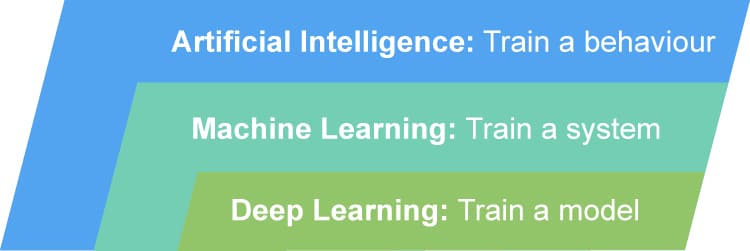
AI is perhaps the most worked upon concept since 1956. By 2015, the wide availability of GPUs made parallel processing faster, powerful and cheaper. Cheaper options led to humongous storage of Big Data (plain text to images, to mapping, etc). This created the need for data analytics, more popularly known as data science, leading to the evolution of machine learning as an approach to achieving artificial intelligence.
Machine learning
ML is the use of algorithms to process, learn and make sense or predict the pattern of available data. More recently, the low-code and no-code concepts of software development are being used in machine learning as self-learning processes that give specific instructions to accomplish particular tasks. The machine is ‘trained’ by using data and algorithms, giving it the ability to learn how to perform the task and, more importantly, apply the learning to evolve continuously.
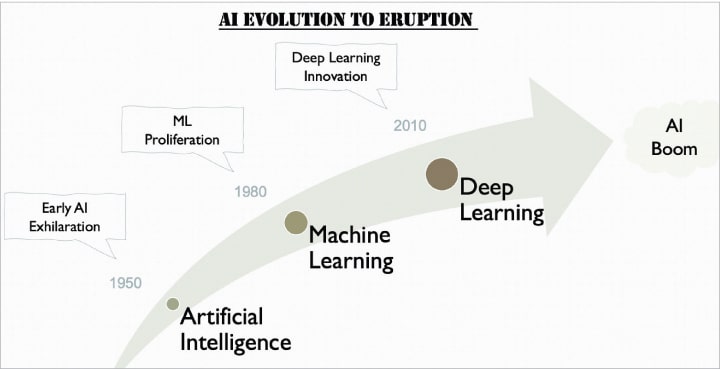
ML was evolved when the developer community focused on AI, and then developed algorithmic decision-tree learning, logic programming, clustering, parallel processing and reinforcement learning. ML was evolved when the developer community focused on AI, and then developed algorithmic decision-tree learning, logic programming, clustering, parallel processing and reinforcement learning. These were all good steps in the right direction but not enough to solve use cases that were of interest to the world.
Deep learning
DL is an evolution of neural networks and machine learning, and the brainchild of the AI community. It learns about how the human mind works in specific scenarios, and then gets better at that job than humans! As an example, IBM’s Watson played chess against itself and improved at the game so much to eventually beat the world champion. Google’s AlphaGo also learnt how to play the Go board game by playing it over and over to better itself, and became the champion.
AI, ML and DL are evolving continuously. It’s the intent of everyone involved with data science to advance these concepts to better our daily lives. The good thing is that the open source community, private enterprises, scientists, and government agencies are all working together for this.
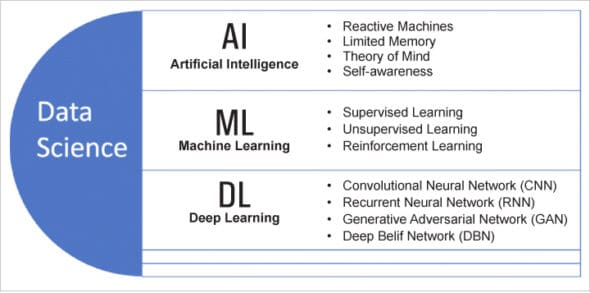
To conclude, while AI helps to create smart intelligent machines, ML helps to build AI-driven applications. DL is a subset of ML; it trains a specific model by leveraging complex algorithms for large volumes of data. As narrow AI is extremely difficult to develop, ML is addressing the opportunities in this space with rigid computing. DL helps to bring AI and ML together, at least for realising general AI.

